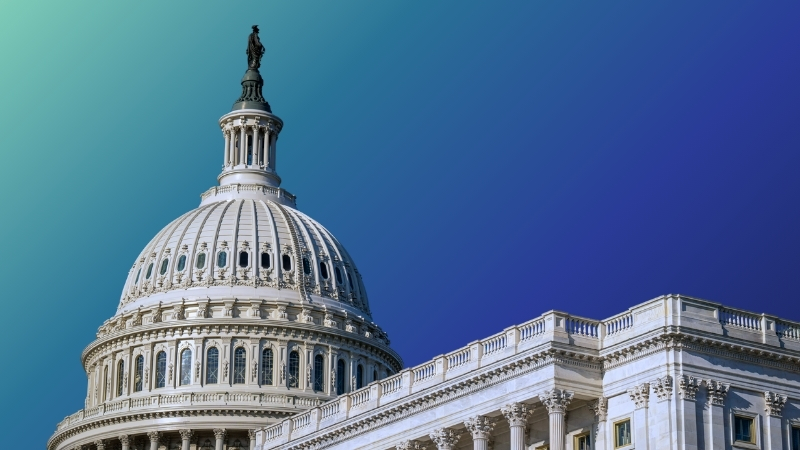
Lansing, Mich. — On July 4, after an intense period of debate and negotiations, Pres. Donald Trump signed a budget reconciliation bill — the One Big Beautiful Bill Act — into law. While there are some wins in the bill for higher education advocates, MCAN is concerned that sweeping changes to financial aid and institutional support will threaten the progress our state has made in improving college access and success, especially for low-income students, first-generation college students, and students of color.
On the positive side, the bill includes $10.5 million to address a Pell Grant budget shortfall and maintains the current maximum Pell grant eligibility requirements. Several other adjustments, however, will make student loan repayment more difficult and put more financial strain on students and families. These changes include reducing the number of loan repayment plans, extending the loan forgiveness requirement on income-driven repayment plans from 25 to 30 years, placing caps on graduate student loans and Parent PLUS loans, and weakening protections for people who have been defrauded by an institution or who face an unexpected closure of their institution. Other changes, including cuts to Medicaid and the Supplemental Nutrition Assistance Program, will also affect college access and success by removing vital supports for vulnerable students.
Statement from MCAN Executive Director Ryan Fewins-Bliss:
“MCAN is thankful to the work of several legislators, particularly in the Senate, who worked to remove some of the original bills most harmful items, but these changes will still have a massive impact on the higher education system. While we appreciate the desire to simplify the complex federal financial aid system, MCAN is concerned that this approach will offer less flexibility to borrowers, forcing many college graduates into more expensive payment plans that will hurt their financial situation and create increased barriers to home ownership, family planning, and other long-term investments. We are also skeptical of the Department of Education’s capacity to successfully navigate such a huge overhaul to the system, given the administration’s ongoing efforts to downsize departmental staff.
“Additionally, these changes will push current and future college students — especially low-income students, first-generation college students, and students of color — into taking out more expensive private loans to fund their higher education, leading to more debt or to foregoing college altogether. Cuts to the social safety net will mean that many of these students will also face unmet basic needs — including nutrition, housing, physical and mental health needs — which are known barriers to academic and workplace success. Maintaining adequate support for these students will put additional strains on state and institutional budgets, which will likely result in higher taxes for residents and higher tuition bills for student. This weakens workforce readiness and will exacerbate shortages in vital fields like healthcare and K-12 education.
“While this bill introduces new challenges, MCAN remains committed to working with legislators and policy experts at the state and federal levels to develop and pass bipartisan policies that lower costs and reduce barriers to college access and success.”
“Big Beautiful Bill” threatens additional financial pressure for vulnerable groups